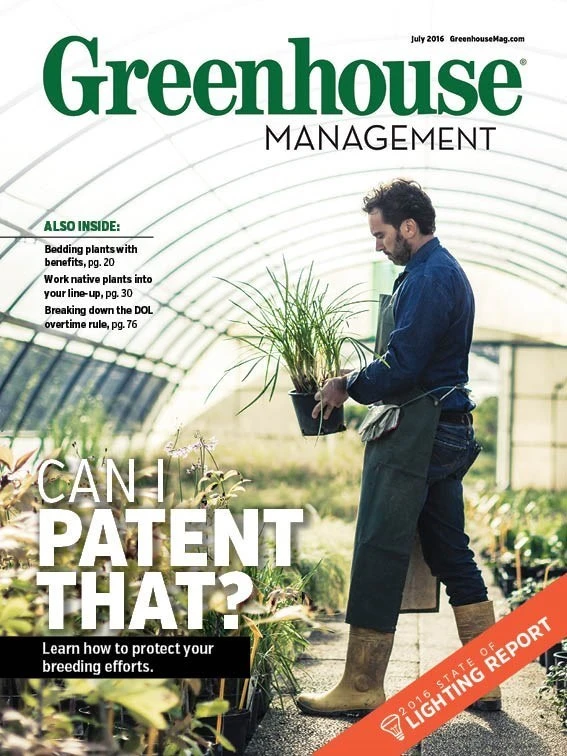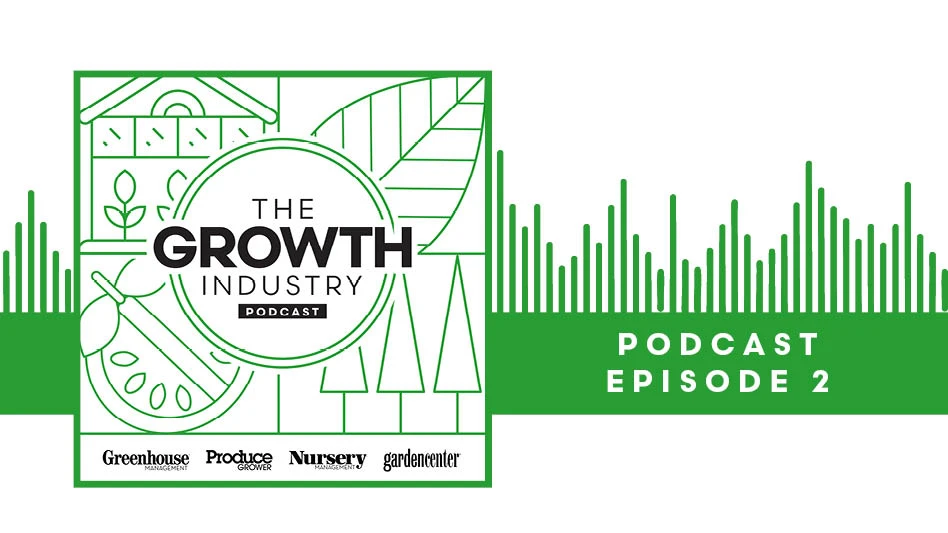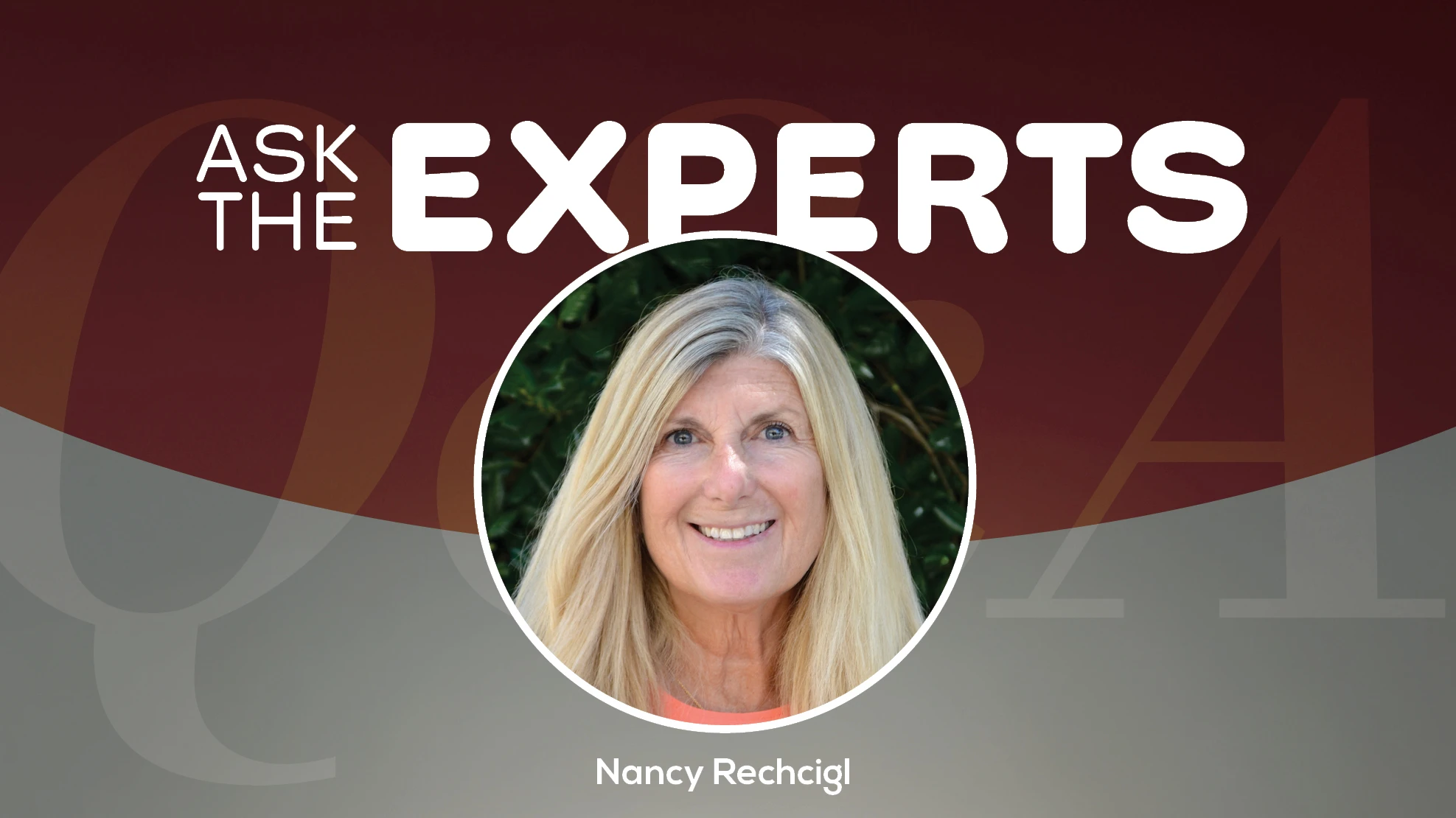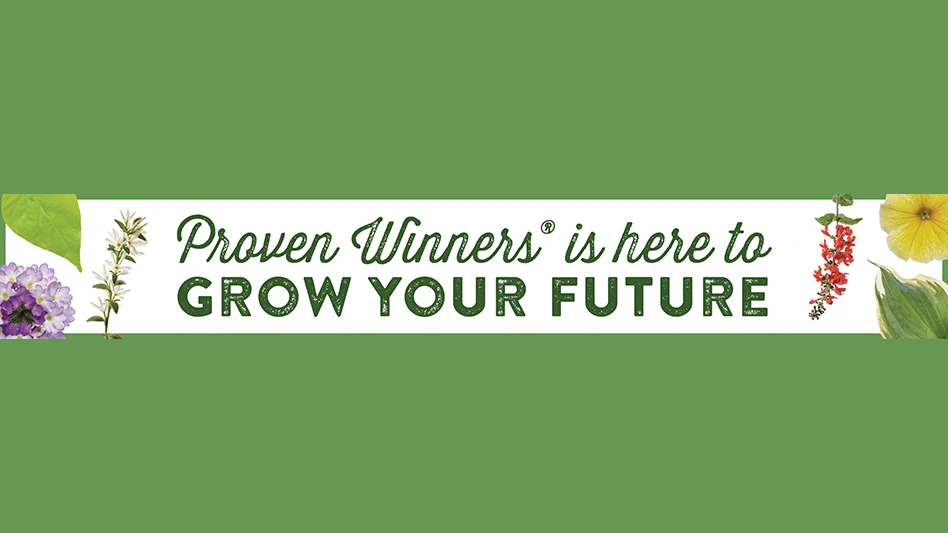

At the 2016 NGMA Conference, Neil Thornton, president of the Ontario-based sales consultancy The Thornton Group of Companies, highlighted unique ways to transform your sales staff into a more innovative group of business leaders in the industry. Here, he shares some of the insights he presented in Tucson.
Greenhouse Management: First of all, what’s important for a salesperson to know today?
Neil Thornton: Albert Einstein said that you can’t solve a problem with the same mind that created it, and today in business, especially in sales, business development, marketing or branding — it’s about our ability to stand out and be different. And if we keep doing the same things that we’ve done over and over again, we’re actually just producing fewer results. I work with a lot of growers, and they’re telling me that there’s a new generation coming into the working world.
The importance of building credibility is still pretty vital in the sales world, but there are also some classic tools that I mentioned … It’s so important to have the ability to build that traditional rapport and trust and respect, and then the ability to gain cooperation.
I use LinkedIn extensively, and a lot of sales teams now need to grasp this new media. It’s not going away, and that is instant credibility.
The traditional, 1-minute elevator pitch is gone. It’s 15 seconds. It’s to the point. But I don’t really want to hear about what your product is. I want to hear what it does and how it would benefit me.
Your sales managers need to now be consultants, strategic partners and entrepreneurial thinkers versus traditional salespeople. And historically, there [have been] two kinds of salespeople. The one type is called the farmer, and they’re really good at answering the phones and taking orders and building rapport and great customer service — that’s really important. Then, there’s a small percentage of salespeople who are called hunters, and these are people who really are in demand today. They’re the ones who will get up, get out, hunt for new business, be out doing networking events, doing talks, writing, being industry experts, and that tends to be the skill set that most people are looking for today. (And it’s a lot of fun.)
GM: What are some examples of how a salesperson can build and improve consumer relationships in today’s market?
It’s the imagery that people love. [Salespeople] don’t sell flowers, they sell what flowers do. And to me, that’s how we engage a new world.
NT: [At the Spring Meeting], I got into the concept [of] looking for clues that are nonverbal when you’re dealing ith people. And from a sales perspective, that’s really important today, because I have worked with salespeople who have been in the business for decades. And they’ve seen all the training, they know all of the five S’s of selling and the traditional stuff. But they’re looking for an edge. They’re looking for something different and to really stand out.

Then, of course, there’s the advent of social media. I use LinkedIn extensively, and a lot of sales teams now need to grasp this new media. It’s not going away, and that is instant credibility. So if I search your LinkedIn profile, I’d be looking for how many written recommendations you have, how many people have endorsed you for your expertise, how many articles and media posts and content you have developed in your industry.
GM: How can some of those ideas translate to horticulture?
NT: Listen to people’s creativity. Each generation — and it’s not just Millennials — has a creativity bone. To me, because I work with a lot of greenhouses, it’s the imagery that people love. They don’t sell flowers, they sell what flowers do. And to me, that’s how we engage a new world. They’re doing this in Holland. In Holland, it’s a lifestyle. So most homes have fresh flowers in them. It’s just a way of life. In North America ... even if we shifted 1 percent, or 2 percent of the population to see the value of what flowers do, or [or understand the benefits of] fresh food — it’s an opportunity in the market, because the newer generations are getting away from the big-box store supermarkets, and the local farmers markets are starting to pick up more momentum. That’s what some progressive [salespeople] are doing out there — they’re starting to hit that grassroots movement.

Explore the July 2016 Issue
Check out more from this issue and find your next story to read.
Latest from Greenhouse Management
- pH Helpers
- Society of American Florists accepting entries for 2025 Marketer of the Year Contest
- Sustainabloom launches Wholesale Nickel Program to support floriculture sustainability
- American Horticultural Society welcomes five new board members
- Color Orchids acquires Floricultura Pacific, becoming largest orchid supplier in U.S.
- American Floral Endowment establishes Demaree Family Floriculture Advancement Fund
- The Growth Industry Episode 3: Across the Pond with Neville Stein
- 2025 State of Annuals: Petal power







